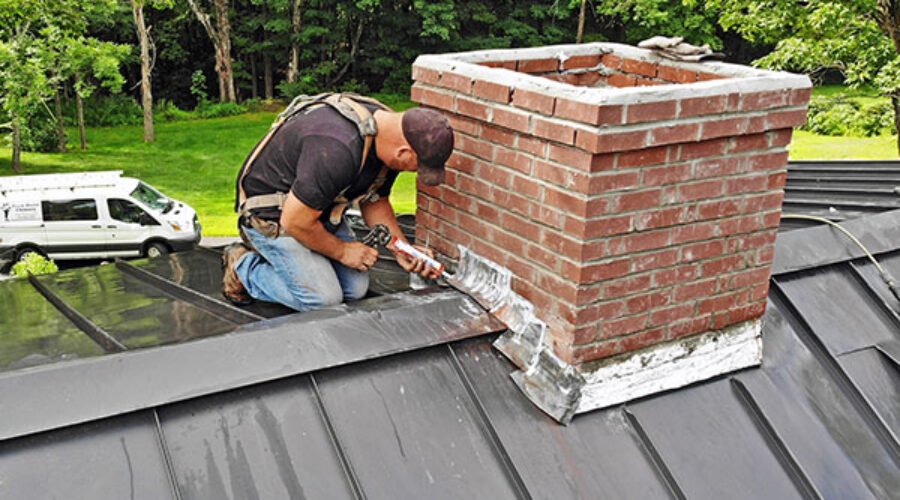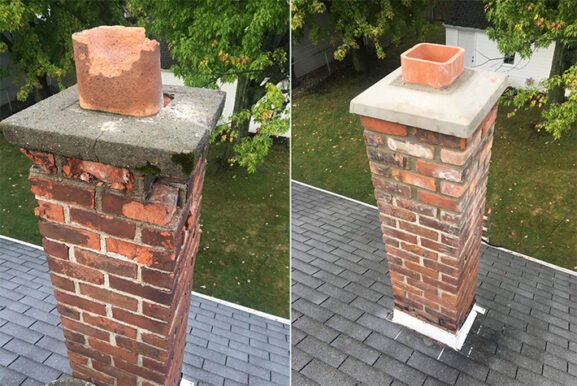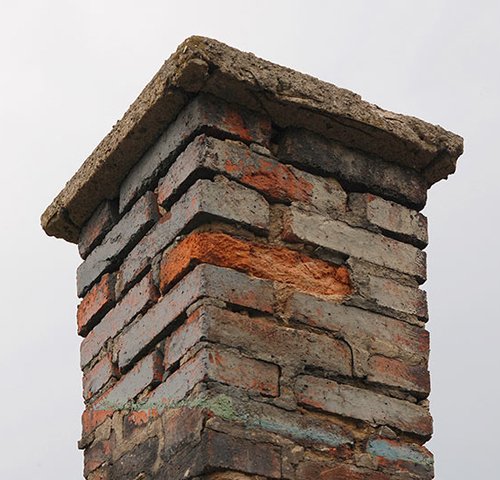Why Timely Chimney Repair Matters for Cross River NY Homes
Key Takeaways
- Chimney damage in Cross River NY often worsens due to seasonal weather fluctuations and age-related wear
- Ignoring small issues like hairline cracks can lead to costly structural damage and fire hazards
- Timely chimney repairs preserve indoor air quality and heating efficiency during cold months
- Local building codes and environmental factors make it essential to hire professionals familiar with Cross River-specific conditions
Understanding the Local Context in Cross River NY
Cross River, located in Westchester County, experiences a wide range of weather conditions throughout the year. From freezing winters to rainy springs, these seasonal shifts cause expansion and contraction in masonry materials. Over time, this cycle accelerates wear on chimney components like the crown, mortar joints, and flue liner.
What makes chimney repair in Cross River particularly important is the mix of historic homes and newer constructions. Older chimneys may be built with outdated materials or have no lining, while newer builds can still suffer from flashing failures and waterproofing issues. These differences require a localized understanding when assessing and repairing chimney systems.
Common Chimney Issues in the Area
Cracked or Spalling Bricks
Spalling occurs when moisture enters bricks and freezes, causing the outer layer to flake or chip off. This is a frequent problem in Cross River due to the freeze-thaw cycles. Left unchecked, it can lead to deep structural damage and eventual collapse of sections of the chimney.
Damaged Chimney Crown
The crown acts as a protective cover for the top of the chimney. If it’s cracked or improperly sloped, water can seep inside and erode the internal structure. With Cross River receiving significant rainfall and snowfall, this becomes a critical repair issue.
Deteriorated Mortar Joints
Over time, mortar can erode or crack, especially in chimneys exposed to weather without regular maintenance. Tuckpointing — the process of replacing deteriorated mortar — becomes necessary to keep the structure stable and safe.
The Safety and Health Implications
Neglecting chimney repairs can do more than damage property. It poses risks to both safety and indoor air quality. Cracks in the flue can allow carbon monoxide to seep into living spaces. A blocked or damaged chimney also increases the chance of chimney fires, which can spread quickly throughout a home.
The Consumer Product Safety Commission reports that heating equipment, including chimneys, is a leading cause of residential fires in the United States. Regular inspections and repairs reduce these risks significantly. Learn more from their safety data here.
The Role of Seasonal Maintenance
In Cross River, the best time for chimney inspections and repairs is late spring through early fall. Scheduling work during these months avoids the winter rush and ensures your chimney is ready before temperatures drop.
Many homeowners wait until a problem becomes noticeable — like water leaks, poor fireplace draft, or visible brick damage. But proactive maintenance, such as waterproofing and annual inspections, can catch early signs of deterioration and prevent more expensive repairs later.
Compliance with Local Building Standards
Chimney repairs in Cross River must follow Westchester County’s building regulations. This includes the use of specific materials, adherence to height requirements, and compliance with venting standards. Working with technicians who are familiar with these codes ensures that repairs are both safe and legally sound.
Permits may be required for structural chimney work or rebuilds. A reputable local technician will handle the permit process and ensure all work aligns with municipal standards, which helps homeowners avoid potential fines or safety risks.
How the Age and Type of Home Influence Repairs
Chimney systems vary widely between historic and modern homes. Older homes often have chimneys built without liners, increasing the risk of heat transfer to surrounding materials. They may also use mortar or brick types no longer in standard use, requiring specialized repair techniques.
In contrast, newer homes may include prefabricated metal chimneys or use venting systems designed for gas fireplaces. These require different inspection and maintenance protocols. Understanding what type of system you have is essential when determining repair needs.
When Repairs Turn Into Rebuilds
Some chimney issues go beyond basic maintenance and may require partial or full rebuilds. Signs that a rebuild is needed include:
- Significant leaning or tilting of the chimney
- Large vertical cracks or missing bricks
- Severe spalling on multiple sides
In these cases, temporary patching may not be enough. A rebuild ensures long-term safety and preserves the structural integrity of the home.
Choosing the Right Chimney Professional in Cross River
Because chimney repair involves both technical skill and knowledge of local conditions, homeowners should seek professionals who are:
- Certified by the Chimney Safety Institute of America (CSIA)
- Experienced with both historic and modern chimney systems
- Familiar with Westchester County permit and code requirements
Avoid contractors who offer vague pricing or skip thorough inspections. A quality technician will document issues with photos, provide clear repair recommendations, and use materials suitable for Cross River’s climate.
Preventative Practices That Save Money Long-Term
Preventative care is often more cost-effective than reactive repairs. Homeowners in Cross River can avoid major chimney issues with the following habits:
- Schedule annual chimney inspections
- Install or maintain a proper chimney cap to prevent water and animals from entering
- Apply waterproof sealants on exposed brickwork
- Clear out creosote buildup before each heating season
These small steps help avoid the kind of structural degradation that can cost thousands of dollars to fix later.
Final Thoughts on Chimney Repair in Cross River NY
Chimney maintenance in Cross River is not just about aesthetics — it’s about keeping your home safe, energy-efficient, and compliant with local codes. Whether you live in a century-old farmhouse or a modern suburban residence, paying attention to early warning signs and working with knowledgeable professionals can make all the difference.
Timely repairs protect more than just your chimney — they protect your investment in your home and the well-being of everyone inside.


